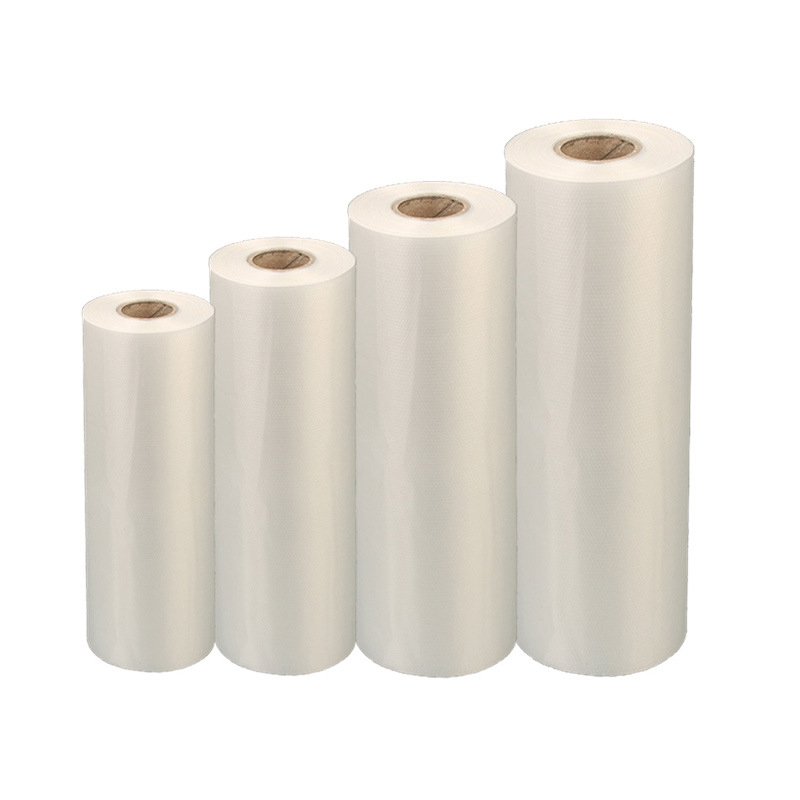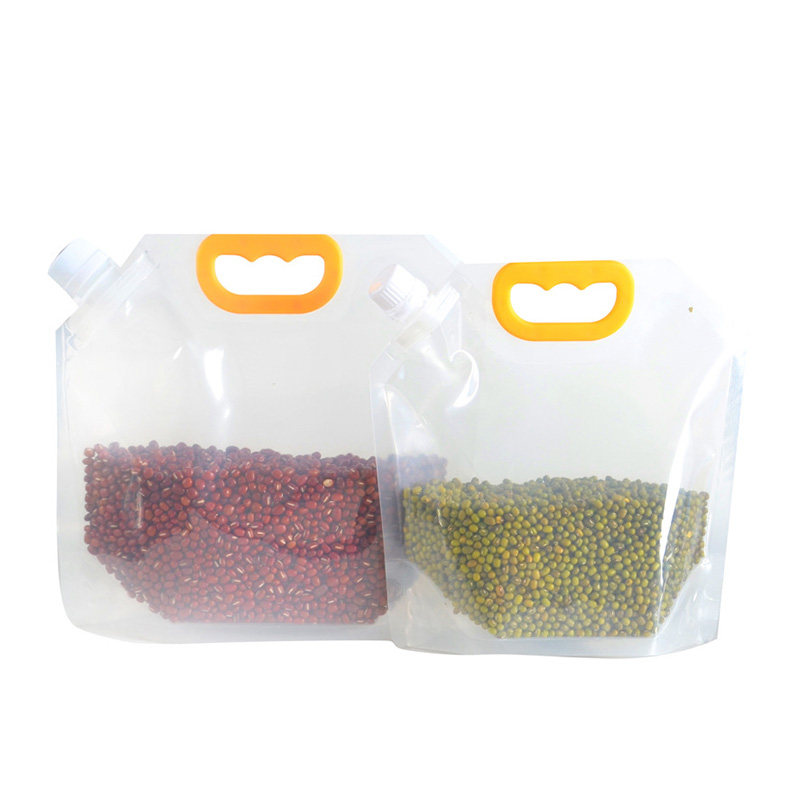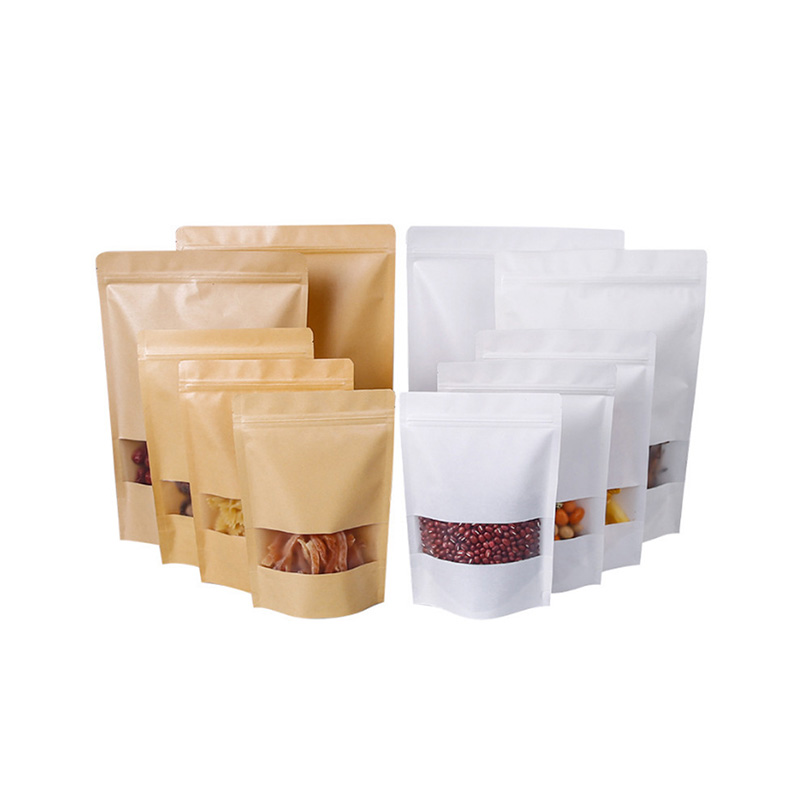China High Quality Food Packaging Bags Supplier Exporter
Water resistance is a fundamental characteristic that the Food Packaging Bags Supplier must ensure in their products to maintain the quality and safety of the food items they contain. The ability of a packaging bag to withstand exposure to moisture is crucial, especially considering the diverse environments and conditions through which food products may travel. This article will discuss the importance of water resistance in food packaging bags, the challenges faced by suppliers in achieving this, and the innovative solutions being implemented to enhance the performance of these bags.
The food industry relies heavily on packaging that can protect its products from external elements, including water. A Food Packaging Bags Supplier that offers water-resistant bags is providing a service that extends beyond mere containment; they are ensuring the preservation of food quality and preventing spoilage. The integrity of a food product can be compromised if it comes into contact with water, causing potential bacterial growth, mold, and a decrease in shelf life. Therefore, the role of a Food Packaging Bags Supplier in this context is not just to supply bags but to supply bags that act as a barrier against water.
The waterproofing of food packaging bags is influenced by several factors, including the materials used, the manufacturing process, and the design of the bag. Food Packaging Bags Suppliers must select materials that are inherently waterproof or have been treated to repel water. Common materials used in the production of food packaging bags include polyethylene, polypropylene, and various types of plastic films. These materials are chosen for their ability to create a barrier against moisture while also being food-safe and cost-effective.
In addition to material selection, the manufacturing process plays a significant role in the water resistance of food packaging bags. Techniques such as lamination, coating, and extrusion can be employed to create multiple layers within the bag, enhancing its ability to repel water. A Food Packaging Bags Supplier that utilizes advanced manufacturing processes is more likely to produce bags with good water resistance.
The design also comes into play when considering the water resistance of food packaging bags. Features such as seals, closures, and the overall structure of the bag can impact its ability to keep water out. A well-designed bag will have a secure closure system that prevents water from seeping in, even if the bag is dropped or submerged. Food Packaging Bags Suppliers must consider these design elements when creating their packaging solutions.
However, achieving suitable water resistance is not without its challenges. One of the main challenges faced by Food Packaging Bags Suppliers is balancing the need for water resistance with other desirable properties, such as recyclability and biodegradability. As the world moves towards more sustainable practices, Food Packaging Bags Suppliers are under pressure to create packaging that is not only functional but also environmentally friendly.
To address these challenges, many Food Packaging Bags Suppliers are investing in research and development to find innovative solutions. This may involve exploring new materials, improving existing manufacturing processes, or developing new designs that enhance water resistance without compromising other important properties.
In conclusion, the water resistance of food packaging bags is a critical aspect that Food Packaging Bags Suppliers must prioritize. It is not just about protecting the food from water damage but also about maintaining the trust of consumers who expect their food products to be safe and of high quality. As the industry continues to evolve, suppliers will need to stay ahead of the curve, adapting to new challenges and consumer demands. By doing so, they can ensure that their products remain relevant and effective in preserving the integrity of the food they protect.

 English
English Español
Español عربى
عربى







